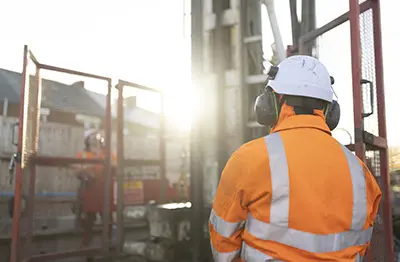

Decommissioning
At the end of a project or monitoring lifecycle, boreholes, wells and other ground installations must be professionally decommissioned to avoid long-term environmental or structural risks.
About
Decommissioning Boreholes, Wells & Other Ground Installations
Improperly abandoned boreholes can become pathways for contamination, groundwater migration or subsurface instability, which is why decommissioning is a critical part of the project lifecycle.
At Igne, we provide specialist decommissioning services for all types of drilled installations, including monitoring boreholes, historic wells, water abstraction boreholes, piezometers, gas wells, soakaways and ground investigation points.
Our experienced teams follow industry best practice and regulatory guidance to ensure safe, effective, and fully documented borehole closure.
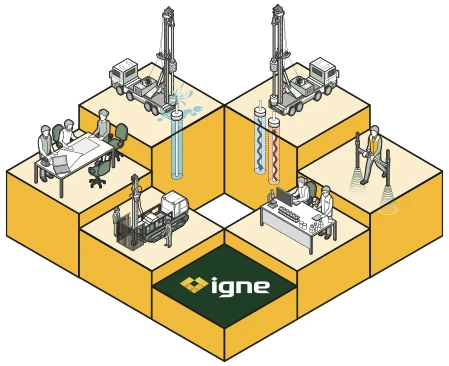
The Process
What Does Borehole Decommissioning Involve?
Decommissioning is the process of permanently sealing a borehole or subsurface installation to restore the integrity of the ground. This typically involves backfilling the borehole with grout or bentonite to prevent vertical flow of groundwater or gas and to protect aquifers, structures and the wider environment.
Igne’s decommissioning process includes:
- Removal of any instrumentation, casings or pipework
- Cleaning and inspection of the borehole
- Installation of appropriate backfill materials; often bentonite, cement grout or sand
- Sealing of surface features such as inspection covers or chambers
- Accurate logging and reporting of depth, materials and closure method
Igne provides full decommissioning records for client files, regulatory authorities and planning conditions.
Requirement
When and Why Is Decommissioning Needed?
Decommissioning is required when:
- A borehole or well has reached the end of its useful life
- A monitoring or instrumentation programme is complete
- A temporary investigation or abstraction licence has expired
- Ground risk mitigation requires sealing of subsurface pathways
- Planning conditions stipulate safe abandonment
- A site is being handed over, remediated or redeveloped
Unsealed boreholes pose a risk of pollutant migration between strata, uncontrolled water movement, and long-term liability. Decommissioning eliminates these risks by restoring a safe, sealed subsurface condition.
Expert Decommissioning
Why Choose Igne for Decommissioning?
With decades of drilling and monitoring experience, Igne understands how to correctly decommission all types of boreholes, no matter who installed them. We are trusted by developers, engineers, regulators and landowners to carry out safe, professional closure services that meet legal and environmental standards.
Our decommissioning capabilities include:
- Fully grouted and staged sealing for deep installations
- Safe removal of sensitive or buried equipment
- Compliance with Environment Agency and British Standards
- On-site risk assessment and method development
- Support across contaminated and sensitive sites
We decommission boreholes of all depths, diameters and types: from a single gas well to an entire site’s investigation footprint.
FAQ
Frequently Asked Questions about Decommissioning
- Why do boreholes need to be decommissioned?
If left open or improperly sealed, boreholes can become conduits for contamination, uncontrolled water movement or gas migration. Decommissioning eliminates these risks and ensures environmental protection and compliance with regulations.
- What materials are used to seal a borehole?
Common materials include bentonite pellets or chips, cement-bentonite grout, sand seals, granular materials and flowable concrete. The choice depends on the depth, geology, and purpose of the borehole.
- Can Igne decommission boreholes it didn’t install?
Yes; we regularly decommission installations from other contractors, even when records are limited. Our team can assess the borehole on-site and develop an appropriate closure method. This includes historical features including wells.
- Is a permit required to decommission a borehole?
In some cases, particularly for licensed abstraction wells or those in sensitive areas, notification or consent may be needed. Igne can advise and handle liaison with the relevant authority if required.
- What happens to the instrumentation inside a borehole?
Where possible, we remove all pipework, sensors and cable before sealing. If removal isn’t feasible, components may be left in place and sealed over to ensure long-term integrity.
- How long does decommissioning take?
Most single boreholes can be decommissioned in a day. Larger or deeper installations, or those requiring removal of equipment, may take longer. We’ll always provide a realistic programme based on site conditions.
- Is documentation provided after decommissioning?
Yes, we supply a full decommissioning record, including method, materials used, depths, and any issues encountered. This is suitable for planning discharge, regulatory sign-off or internal record keeping.
- Can boreholes be reused instead of decommissioned?
Sometimes; if they are structurally sound and compatible with future needs, they may be retained. However, if there is no future use or risk is present, decommissioning is the safest option.
The Next Step
Call The Experts
Whether you're completing a project, remediating a site or handing it over for development, proper borehole decommissioning is essential. We deliver fast, professional and regulation-compliant closure services across all sectors and ground types.
Get in touch with us today to discuss your decommissioning requirements.

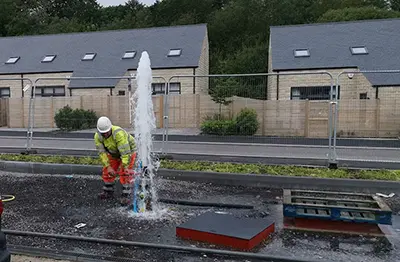
Artesian Boreholes
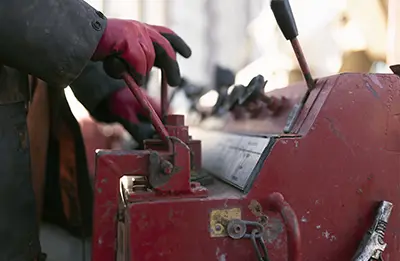
Angle Boreholes
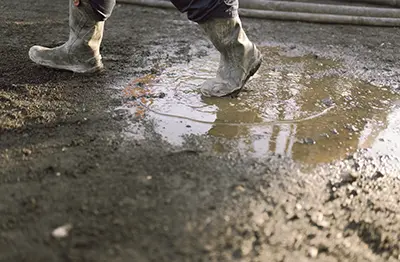
Drilling with Mud
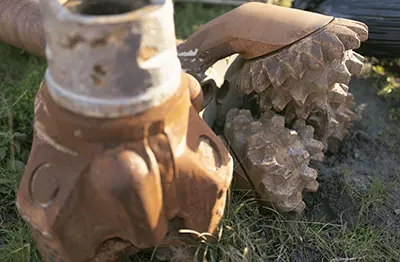
Large Diameter Boreholes
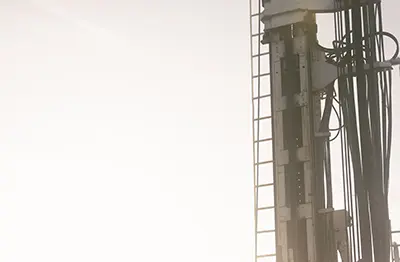
Deep Boreholes
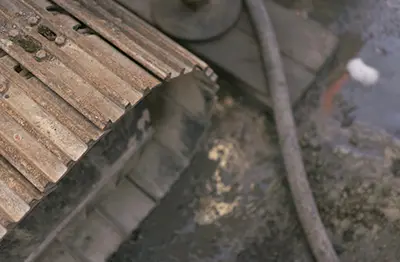
Acidisation
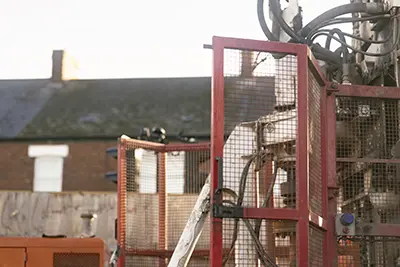
Hydrofracturing

Dewatering

Monitoring Boreholes

Vibrating Wire Piezos

Fibre Optics

Seismic Monitoring

Deep Wireline Coring

Gas Control

Deep Soakaways

Decommissioning

Specialist Plant & In Hole Equipment Hire

